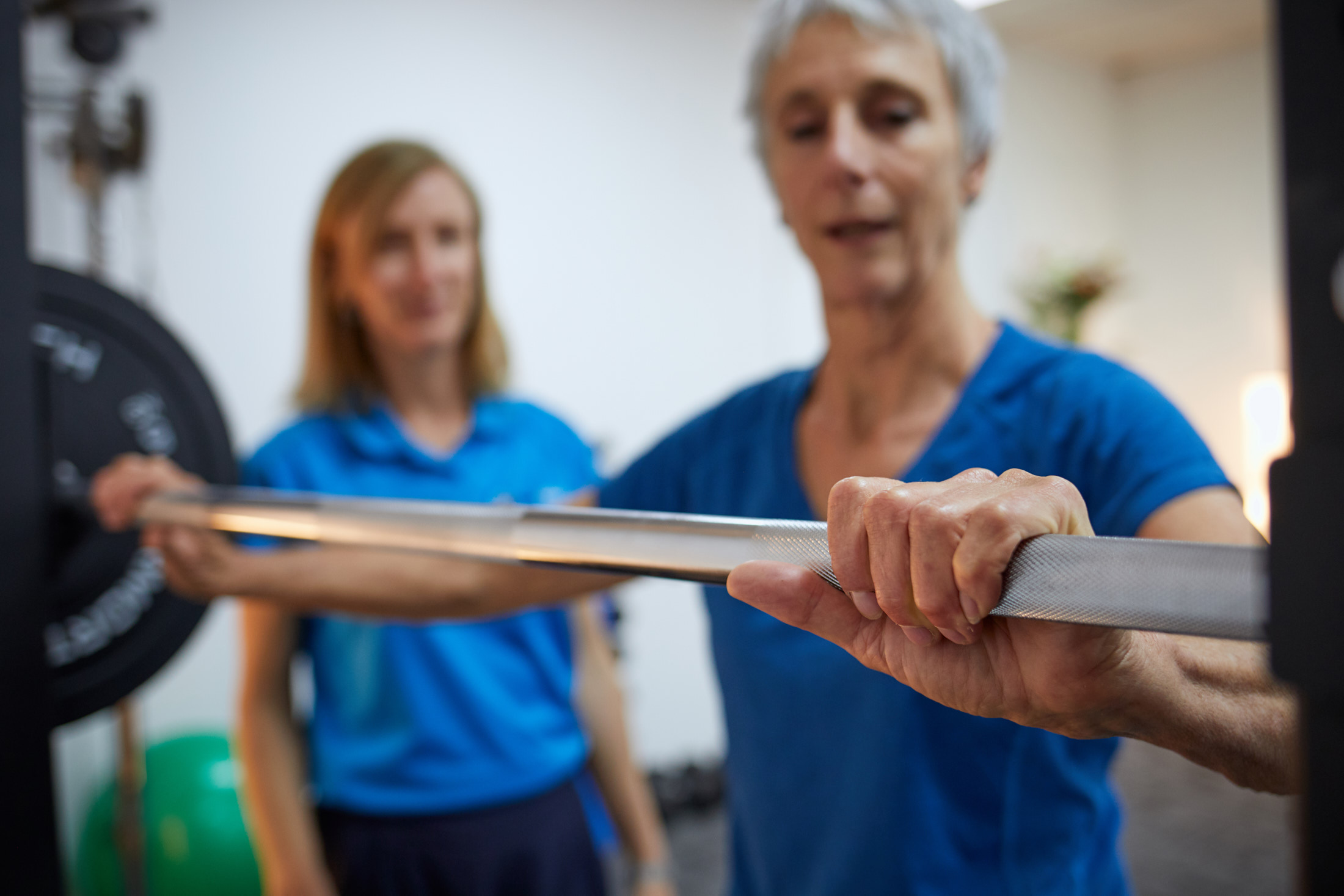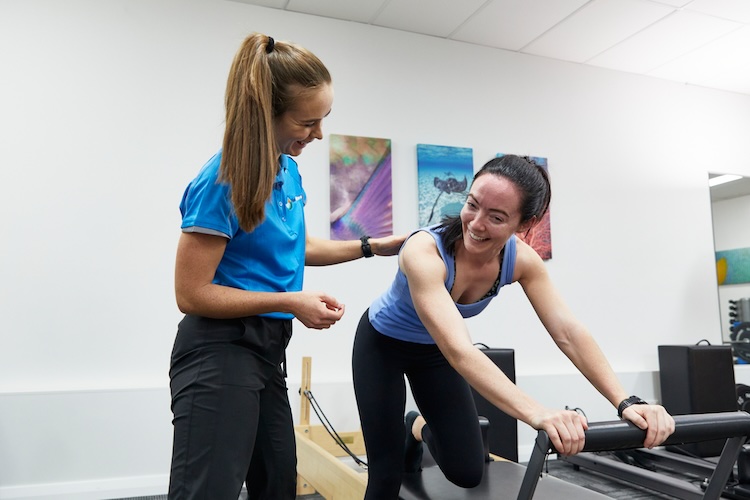
Invest in continence, you’re worth it
Incontinence can disrupt a persons life. Occupational Therapists at Next Wave Therapy in O’Connor (Fremantle area) treats incontinence issues and we encourage you to seek help – you no longer have to suffer in silence.
What causes of incontinence?
A common cause of continence issues is weakness in the pelvic floor muscles. But changes to the nerves controlling the bladder, bowel or pelvic floor can also result in loss of control. Other health problems such as diabetes, stroke, Parkinson’s disease or multiple sclerosis can also cause bladder or bowel control problems.
Continence issues can occur across the lifespan.
Bladder and bowel control problems are not an inevitable part of ageing.
-
One in three women who have had a baby experience loss of bladder control.
-
One in five children wet the bed at some time.
-
One in 100 adults never achieve bladder control at night.
-
One in 20 adults experience bladder and bowel control problems.
-
Are you over 60? Did you know incontinence is one of the leading reasons for Australian seniors being admitted to residential aged care
You know you have problems with your bladder if you leak urine when you cough or exercise; pass urine frequently; or rush to the toilet (urgency).
Other signs may be crossing your legs when you sneeze, avoiding trampolining, wearing a pad for “just in case” or passing any of this off as “a little LBL “light bladder leakage” .
You can make a difference to your bladder and bowel health
The good news is that there is lots you can do yourself to improve or resolve continence issues.
5 healthy continence habits for people of all ages
1. STAY ACTIVE
Physical activity is beneficial for overall health – and that includes bladder and bowel function! Aim for at least 30 minutes of physical activity per day. This doesn’t have to be all at once. Activities like gardening, cleaning, playing with the grand kids, and taking the stairs all add up.
2.EAT WELL
Fibre in your diet will help improve bowel function and avoid constipation. Fibre is found in foods such as multi-grain or whole grain breads, cereal products, fruit, vegetables, legumes, and nuts and seeds. Aim to eat two servings of fruit, five servings of vegetables and five servings of cereals and breads each day.
Constipation can cause unnecessary strain and damage to your pelvic floor muscles which can make some pelvic health issues worse.
3. GET ENOUGH FLUIDS AND DRINK WELL
It’s important to increase fluids when you increase fibre in your diet. Drinking plenty of water and staying hydrated helps maintain digestive health, and allows the bladder to do its job. Drinks that contain caffeine, cola and alcohol can irritate your bladder, so water is the best choice.
4. EXERCISE YOUR PELVIC FLOOR
Having a strong pelvic floor is your insurance against incontinence. You can train your pelvic floor anytime, anywhere, no matter what sex, gender, age or fitness level you are. Try to do your pelvic floor muscle exercises every day.
It’s important to get help from a continence health professional A physiotherapist at Next Wave Therapy can accurately assess your pelvic floor using ultrasound. From there they can teach you how to correctly perform a pelvic floor exercise. This is not something that comes naturally to many people but with a little guidance you can easily learn how to exercise your pelvic floor muscles.
5. PRACTICE GOOD TOILET HABITS
Don’t get into the habit of going to the toilet ‘just in case’. If you keep emptying your bladder ‘just in case’ too often, then the bladder may never fill up properly, and shrink a bit. This may give the feeling of needing to go to the toilet more frequently (urge incontinence).
Want to find out more?
Continence Organisation are offering FREE WEBINARS throughout continence week 15-22 June, 2020!
These free webinars cover the 5 top tips, with topics such as increasing dietary fibre in cooking without losing flavour, making exercise part of your day, and how to keep your pelvic floor in shape.
See the webpage to register!
And reach out to us at Next Wave Therapy for professional guidance and help this week.
Our Women’s health Occupational Therapist, physiotherapist’s and naturopaths are here to help.






